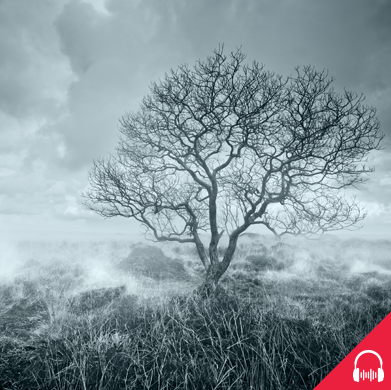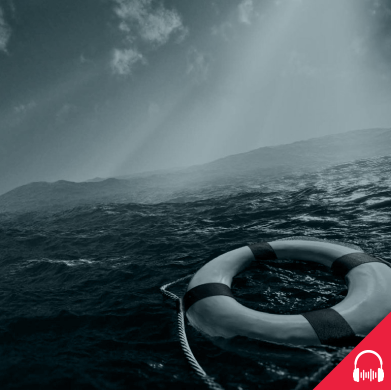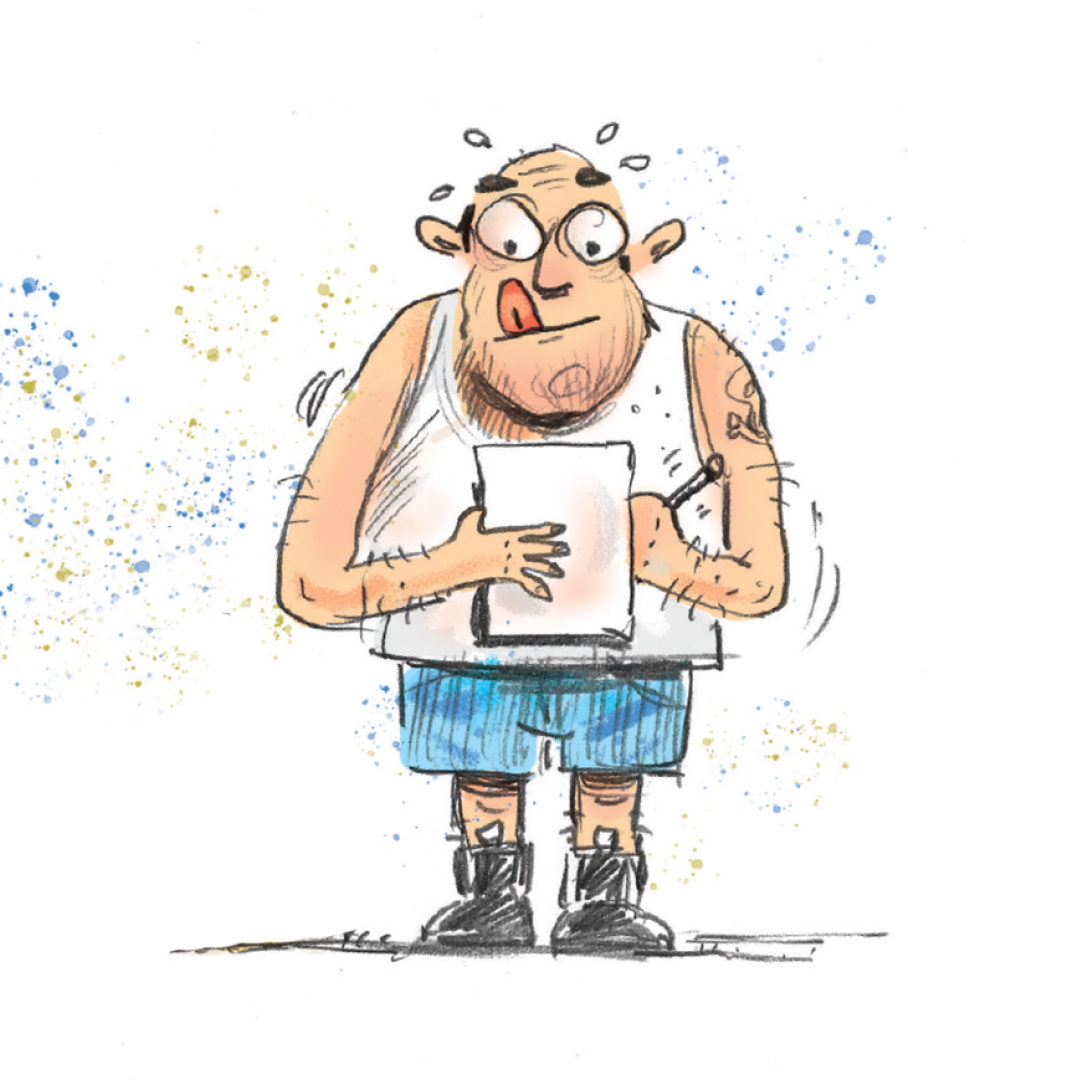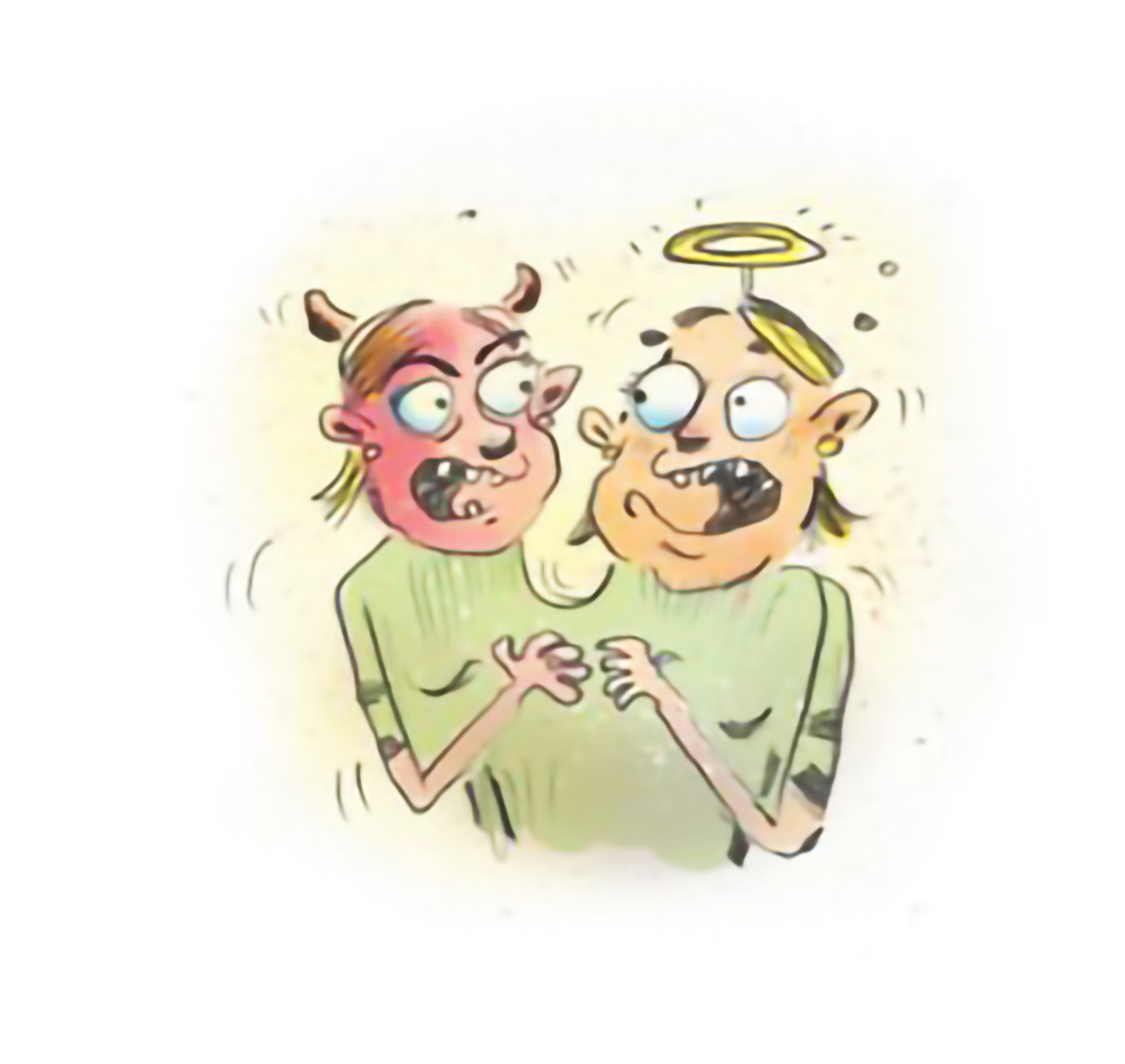The wildfire of addiction burns everyone
Of all serious psychological problems, it is perhaps addiction that has the potential to cause the most collateral damage.
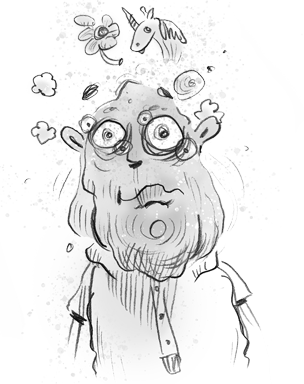
The addict avoids their feelings while the hearts of those who love them are broken
“Addiction, at its worst, is akin to having Stockholm Syndrome. You’re like a hostage who has developed an irrational affection for your captor. They can abuse you, torture you, even threaten to kill you, and you’ll remain inexplicably and disturbingly loyal.” Anne Clendening
Friends and family all too frequently simply cannot comprehend why the addict continues to abuse a substance or persists with self-destructive behaviour. It beggars belief that an addict will knowingly continue to do the things that have torn apart not only their intimate relationships but the very fabric of their life. The Stockholm Syndrome metaphor illustrates the control addiction continues to have notwithstanding the devastation often left in its wake.
Our metaphor of ‘the wildfire’ is even more powerful. The wildfire threatens far more than just the individual. It imperils homes, families, livelihoods, and even entire communities. Back burning, evacuation and firebreaks are perfect metaphors for establishing clear boundaries between the addicted and well-meaning people who love them. The key message is, “Fight the fire but don’t risk being consumed.” Remember your primary keystone principle of self-preservation: You can’t help anyone if you don’t first help yourself!
Explore the latest news, research and reviews
Over-prescription, a widespread issue in the healthcare industry, refers to the excessive use of medications by healthcare providers. This practice not only leads to unnecessary costs but also poses serious risks to patients’ health.
Cognitive Distortions are irrational thoughts and perceptions that influence our emotions. We all experience cognitive distortions at some time or another and, while this is perfectly normal, in their more extreme forms these distortions can be extremely harmful. Here is a quick overview of common forms of cognitive distortion viewed through the revealing lens of visual metaphor.
People invest a lot of emotion in holding on to their beliefs. And they have a tendency to defend those beliefs very fiercely indeed. Sadly, the first casualties in a confrontation are all too often facts and logic. In fact, they frequently become quite irrelevant. When someone wishes to impress upon you the righteousness of their opinion; passion and volume are often their first weapons of choice.
In crisis
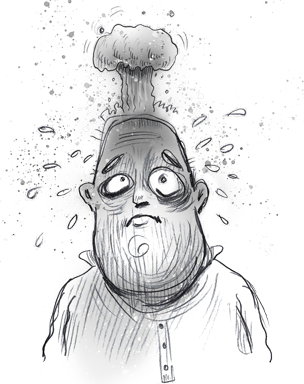
Anxious

Depressed
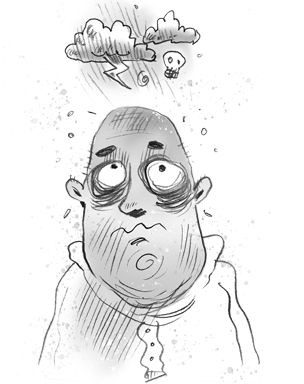
Addicted

In pain
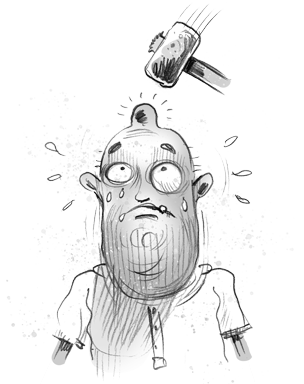
Please review our Privacy Policy to find out how we look after your information.

